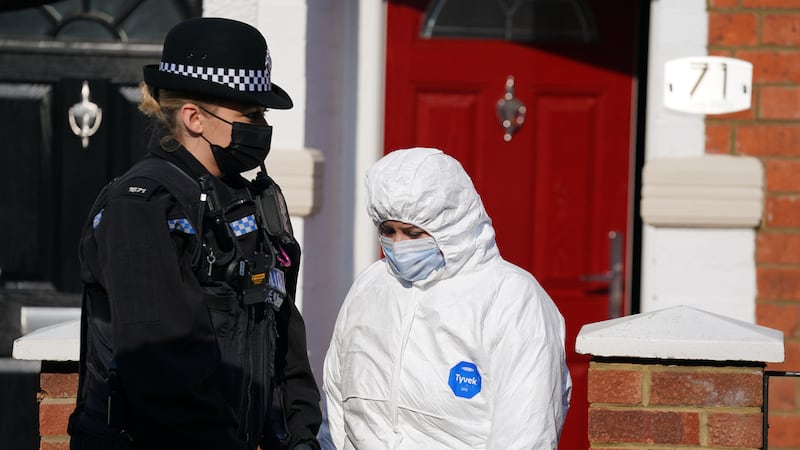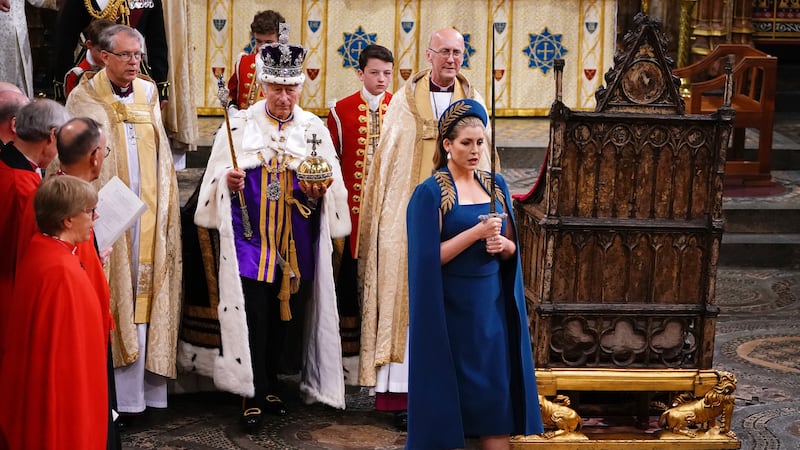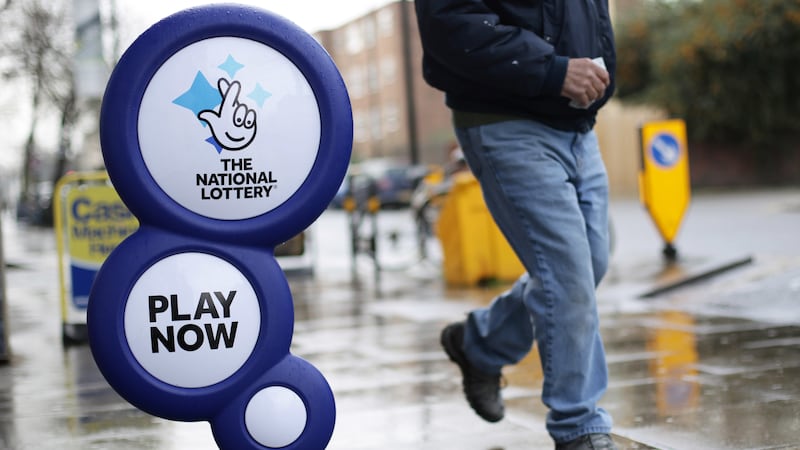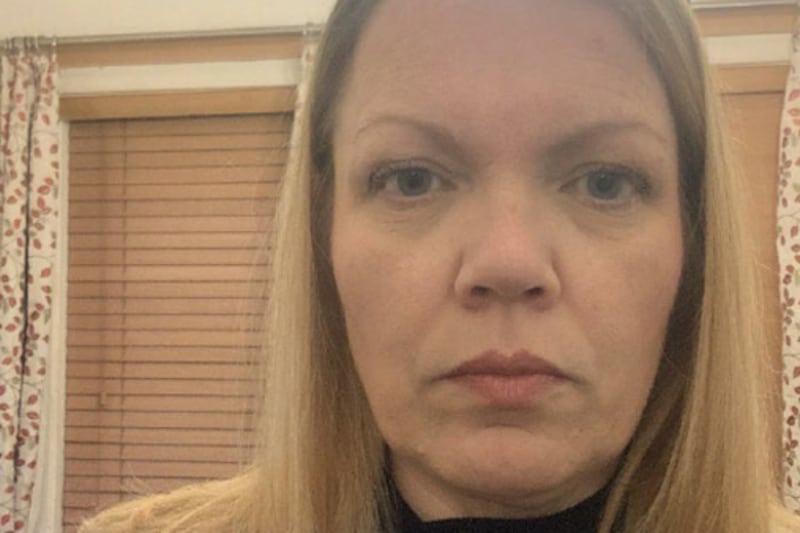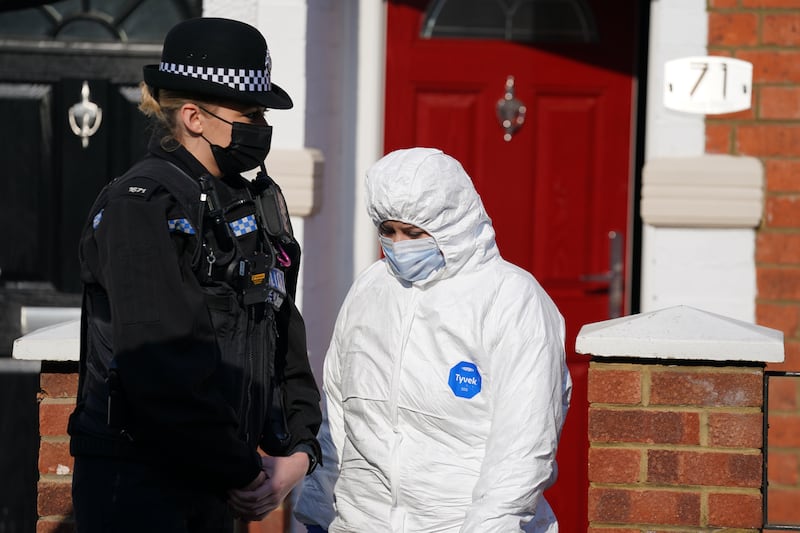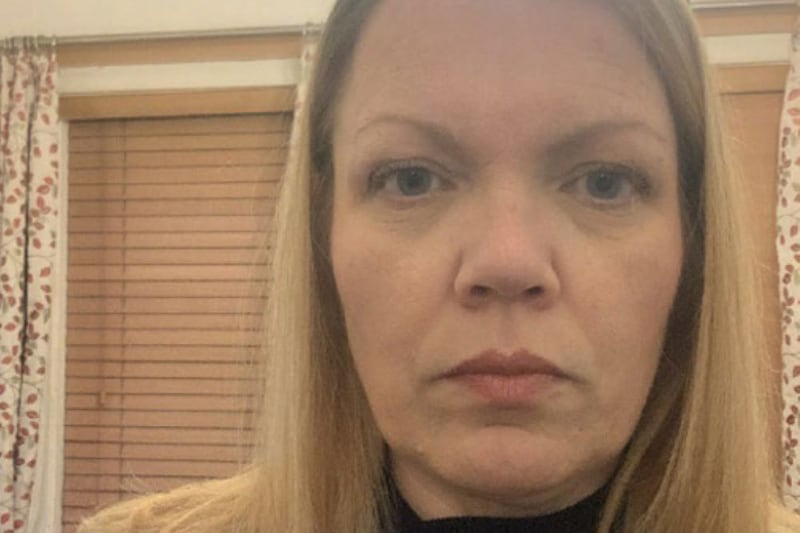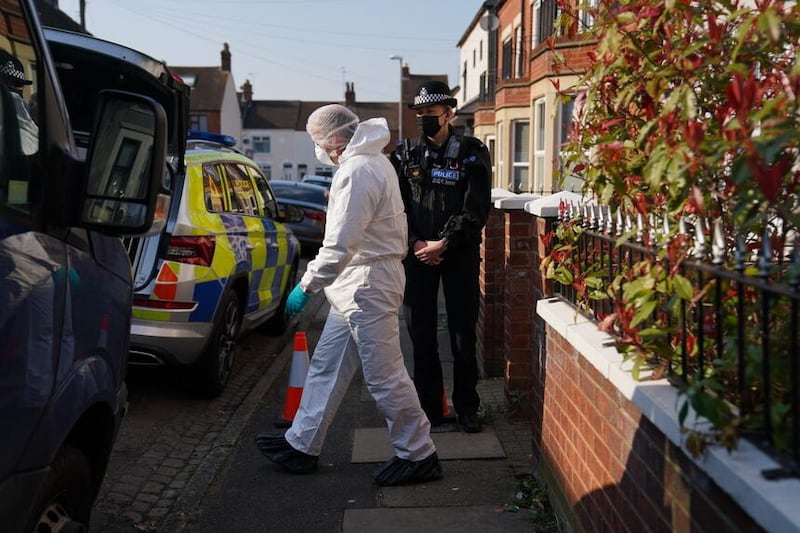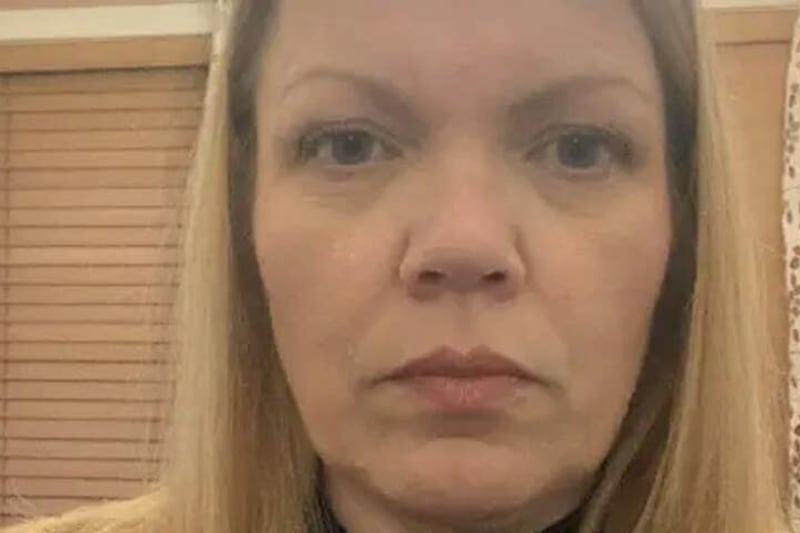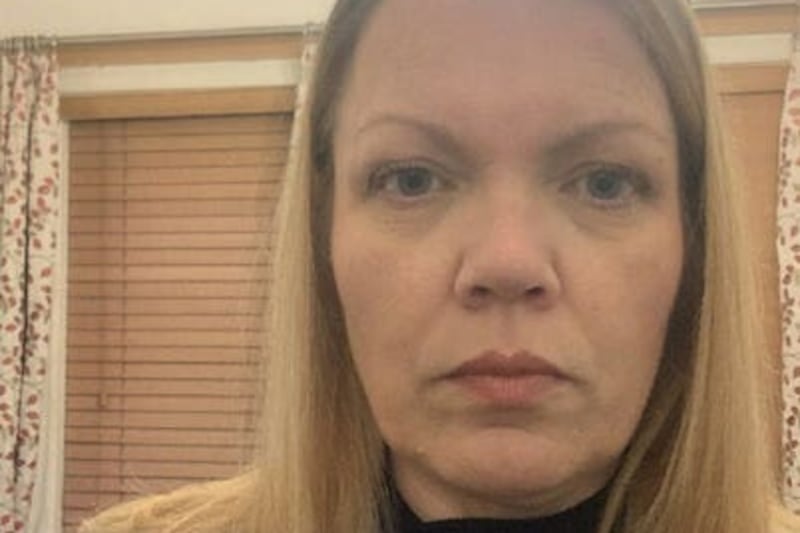Fiona Beal’s original murder trial collapsed after more than four months when it emerged that a key defence witness was a court custody officer who had conducted welfare checks on her in the cells.
Northampton Crown Court Judge Adrienne Lucking KC ordered a retrial after the legal “mistake” in June last year, bringing an end to a 17-week hearing which had only been expected to last around three weeks.
Restrictions were put in place postponing media reporting of evidence given by defence witness Rachel Drummond, without the judge or prosecution being told in advance that she was employed at the court.
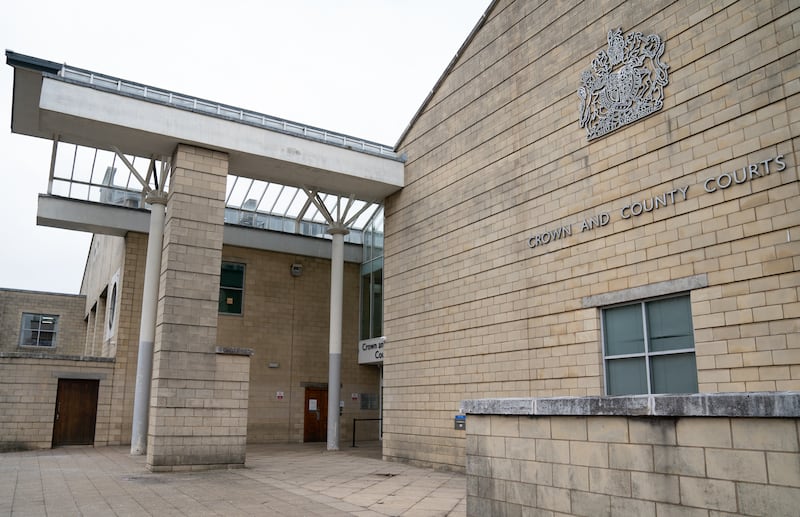
Beal pleaded guilty to murder at the Old Bailey on Friday, having claimed to have experienced a “loss of control” when she stabbed Nicholas Billingham and buried his body at their home in Moore Street, Northampton, in 2021.
Explaining her reasons for discharging the original jury, Judge Lucking said she had not recognised Ms Drummond during her evidence-in-chief and there were no means available to continue the trial and “ensure a fair verdict and a safe conviction”.
Ms Drummond told the court she had not seen Beal – who claimed to be the victim of coercive and controlling behaviour by Mr Billingham – for around seven years, having previously visited her home.
In the words of Judge Lucking, Ms Drummond described observing a relationship that had the hallmarks of an abusive relationship with a serious impact on the defendant’s well-being, supporting the defence case.
The prosecution case at the original trial was that Beal killed Mr Billingham because she suspected he was having an affair, and that their relationship was not controlling or coercive.
According to Ms Drummond’s account, Beal was reluctant to go out and seemed to think she should be at home, while Mr Billingham would put his partner down, behaved as if he did not like her very much, and criticised her dress sense.
After Ms Drummond’s role as a security officer became known to the judge and the prosecution during cross-examination, the witness said she had last spoken to Beal in September 2022, during a series of welfare checks as part of her work in the cells.
Ms Drummond was the officer who brought Beal “off the van” and had spoken to her for just a few moments, the court heard.
She had also informed her employer, GeoAmey, that she knew Beal and they took steps to ensure there was no further work-related contact between them.
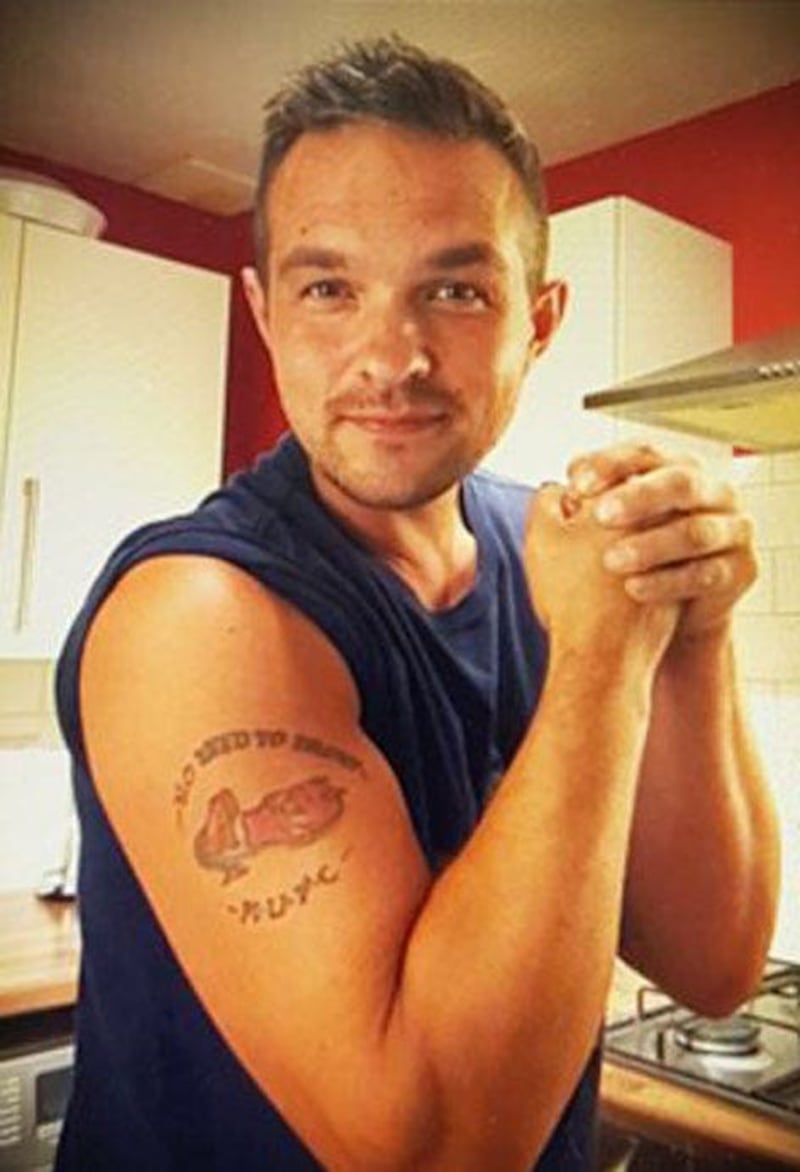
In a legal ruling, Judge Lucking said she had not recognised Ms Drummond before the cross-examination or picked out her name on a witness list provided before the trial.
The judge said she had not initially recognised the witness in the witness box, or when she spoke, in all likelihood because she was “not on notice to expect anyone I knew or was a member of the custody staff in the witness box”.
Previous contact involving the judge and Ms Drummond identified in the ruling included “pleasantries at the end of court days on many occasions” and contact and/or conversation in the cells during reviews of the court’s facilities, as well as trips to deliver cake to staff on the judge’s birthday.
The ruling discharging the original jury said: “Counsel for the prosecution says that the fact this witness was a GeoAmey custody officer in Northampton was a complete surprise to them.
“They were unaware of the fact before they asked the question about her occupation in cross-examination.
“Counsel for the defence said that they knew that the witness was a custody officer at Northampton but considered that as it had been arranged for Ms Drummond to be deployed elsewhere in the course of the trial no difficulties arose.
“Leading counsel has taken responsibility for this decision which they accept now, with the benefit of hindsight, was a mistake.
“The defence also accept that as the trial judge I should have been told at that hearing that there was a possibility that an employee at this court might give evidence in the trial.
“There was never a decision to actively conceal the fact from the court.”
The judge continued: “Had I been made aware before the trial of the fact that there was a possibility that an employee in this building might be giving direct evidence in relation to a matter in issue in a trial, I would have directed this trial be sent to another court centre at which the witness had never worked.
“Ms Drummond has given evidence that she saw at first hand the impact of Mr Billingham’s behaviour upon the defendant inside the family home over several years at close quarters.
“Her evidence has the obvious potential to be of very great importance to the jury. Her evidence was strongly supportive of the defendant’s case in respect of both of the partial defences to murder.
“The court needs to address the fact that an important witness is giving evidence in the court in which they are employed, before a judge to whom they are known and in support of a defendant cared for by her colleagues.”
Opting to end the first hearing, which was delayed by issues of law, illness and evidence-related adjournments, the judge added: “There have been Herculean efforts by the prosecution, defence, expert witnesses and jurors alike to ensure this trial could continue.
“The cost to the public purse will be very great.
“The personal cost to all involved in the case, including the defendant, the jury, their families and employers or colleagues and the families of Nicholas Billingham and the defendant, will be great.
“I have considered whether an adjournment of any length to investigate the events in the custody suite would illuminate the present issue but have concluded that it would not.
“A direction (to the jury) cannot cure this mistake.”
